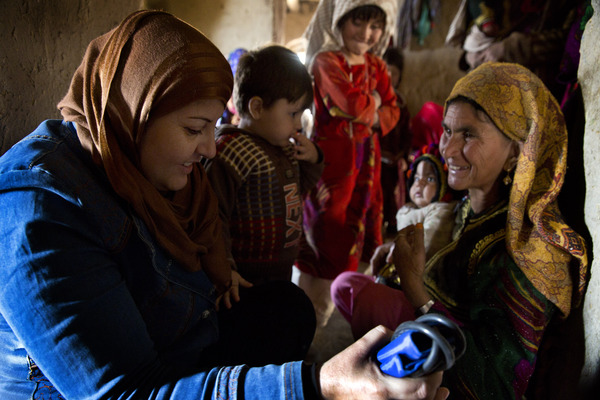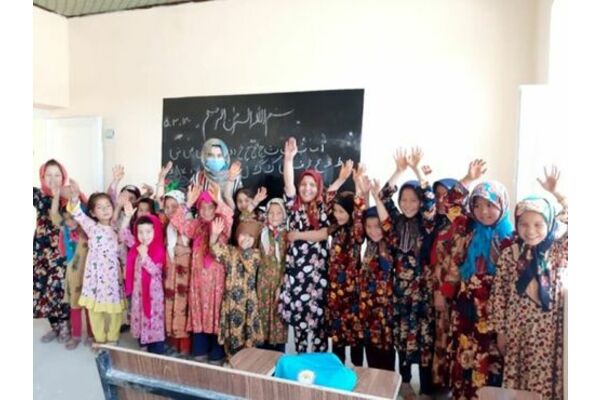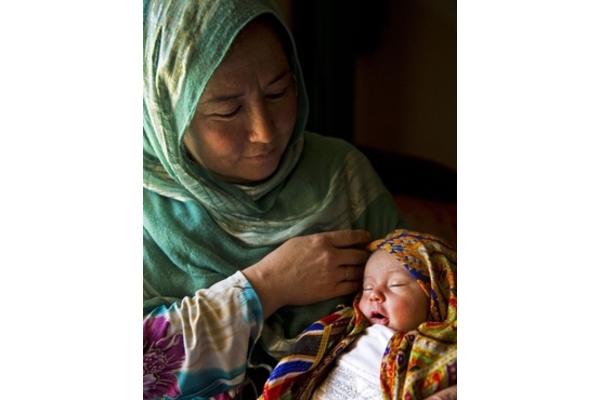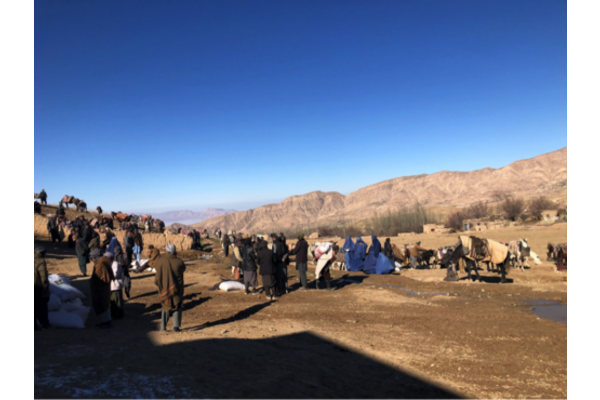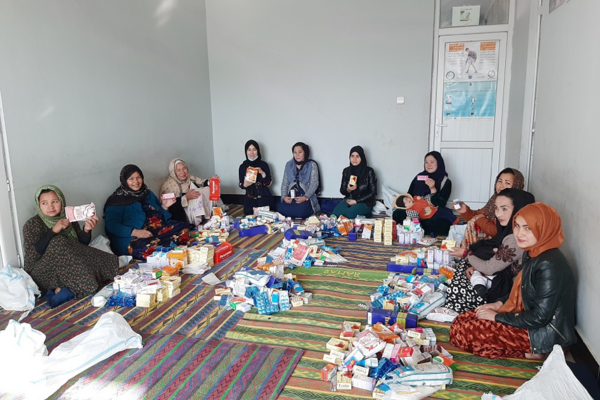HealthProm worked to promote health and reduce maternal and under-5 mortality in mountain villages of Charkent and Marmul Districts of Balkh Province from 2008 until ending in 2020. We started with emergency transport for women in labour to health centres and encouraged village people to set up Women’s Safe Motherhoods Groups and Men’s Support Groups to raise awareness of the specific risks of pregnancy and childbirth and to safeguard the health of women and children. Gradually we extended to include providing outreach visits by midwives for antenatal care and birth planning, and for providing health education for girls and boys in schools. We trained women and men as community health workers to provide basic primary healthcare in their own villages and provide basic treatments such as oral rehydration salts for children suffering from drinking impure water. Then with our Afghan partner NGO we went on to prevention, providing access to sources of improved water, and then, with surplus water, planting fruit and nut trees and vegetable gardens to reduce child malnutrition, and so reaching to the wider determinants of health. Together with village men, our local team also built crop stores so villagers can hold their crops until prices rise. The sale of crops enables them to pay an increasing share of the cost of emergency transport for women in labour, contributing to the achievement of the project being sustainable.
The project has reduced maternal mortality very substantially and brought child deaths down to one third of the national figure for 2015.
In 2020 we started a mother and child health project in Kaldar District of Balkh Province, using what we learned in Charkent, but having developed a way of working there, we started all health activities in the first year. Kaldar runs along the northern river border with Uzbekistan, with very different terrain. Maternal mortality was much higher than in the mountains, and soon after the work there started, Afghanistan was hit by covid-19, which killed four to five people on average in each village. The people have, however, been very glad to work with our local team from the start.
In Kaldar parents had sent only their sons to school as girls' schools were closed by the Taliban in 1996, and when girls were allowed back to school, there were no schools for them. With a three-year grant from the British and Foreign Schools Society, we have this year started a girls education project, which is renovating and refurnishing two derelict schools. This will enable 300 girls to get an education over three years, but the need is much bigger. We expect the number to rise as more girls will enrol every year.
Since the Taliban takeover, the future of Afghanistan remains uncertain. In this difficult time, HealthProm has been able to continue to work alongside local people to promote mother and child health and help local communities to overcome the challenges they face. The Afghan Refugee Project was launched on the 5th of January 2022. Since then, we have managed to organise different levels of English Language classes, workshops such as mental health and Wool Art, and social events like museum and park visits to facilitate the social integration of newly arrived Afghan women refugees in London.
We have now resumed our Mother and Child Health Support in Kaldar after a necessary recess, taken as a result of the ongoing difficulties NGOs have been facing during this time of political upheaval. Both men and women are back at work, and we are delivering critical development work focused on reducing maternal and child mortalities and improving community resilience to address wider determinants of health.

